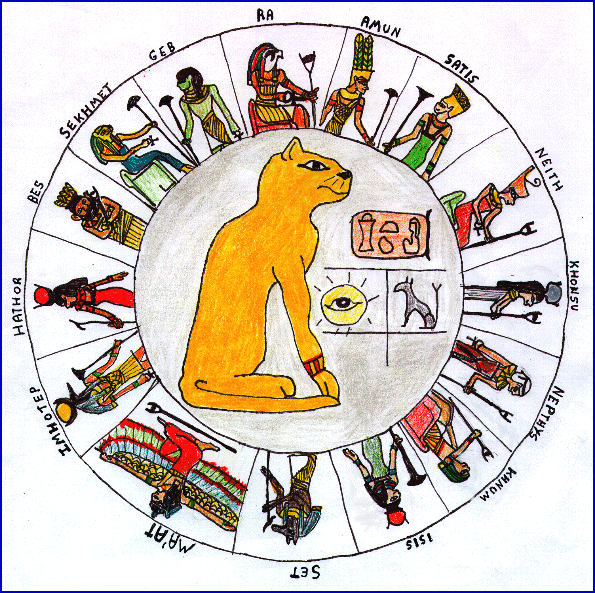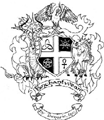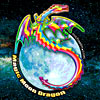The neteru is the ancient Egyptian name for the ancient Egyptian Gods and Goddesses.
deities
- Áa
- Aah
- Aah-te-Huti
- Åh
- Ahi
- Agathadaimon
- Ahti
- Ahy
- Amon
- Amon-Ra
- Anpu
- Anubis
- Asar
- Aset
- Ast
- Aten
- Athyr
- Aton
- Atum
- Ausar
- Baalat
- Bast
- Bes
- Buto
- Chons
- Djehuti
- Djhowtey
- Edjo
- Ehi
- Eset
- Eye of Ra
- Feather of Truth
- Geb
- Hap
- Hapi
- Hapy
- Har
- Hat Hor
- Hathor
- Hep
- Hermes Trismegistus
- Heru
- Her Ur
- Heru-sa-Aset
- Heru-Ur
- Het Heret
- Het Hert
- Het Heru
- Hor
- Horus
- Horus the Elder
- Horus the Younger
- Ihy
- Isis
- Keb
- Kherpi
- Khnemu
- Khensu
- Khnum
- Khons
- Khonsu
- Maat
- Ma’at
- Mayet
- Mertseger
- Mut
- Mwt
- Nebet Het
- Nebhet
- Neb-Hut
- Nebt Het
- Neilos
- Nephthys
- Netcher
- Neith
- Netjer
- Neuth
- Nile
- Nilus
- Ntr
- Ntr
- Nuit
- Nun
- Nunet
- Nut
- Nwt
- Osiris
- Ptah
- Qeb
- Ra
- Re
- Sakhmet
- Sashet
- Seb
- Sekhmet
- Selkhet
- Seshat
- Seshet
- Set
- Setech
- Setekh
- Setesh
- Seth
- Seti
- Shu
- Sos
- Su
- Sun Disk
- Sutech
- Sutekh
- Tefenet
- Tefnet
- Tefnuit
- Tefnut
- Tefnwt
- Tehuti
- Tem
- Thot
- Thoth
- Thout
- Toth
- Tphenis
- Traveller
- Tum
- Udjat
- Udjo
- Usire
- Wadjet
- Wanderer
- Wedjat
- Wesir
- Zehuti

picture is © 1996 Jessica C. Feinberg.
NOTE: The text labels for Khonsu and Nepthys are accidently swapped.
Visit her web site at: Jessica
She has an interesting fantasy myth at: Nymphaea
She has hymns to Bast and Ra at: Hymns
The number of the gods, even under the IVth Dynasty, about B.C. 3600, was very great, and as time went on it multiplied greatly. The Pyramid Texts, which were written under the IVth, Vth and VIth Dynasties, supply the names of abouttwo hundred gods and mythological beings, but in the Book of the Dead according to the Theban Recension (B.C. 1700-1200) over five hundred gods are metnioned. If to these be added the names of all the mythological beings which occur in the various Books of the Underworld, we shall find that the number of gods who were recognized by theolgians of the XIXth Dynasty at Thebes was about twelve hundred. If all the religious texts of this period from all the religious centres of Egypt were available for study, we should cetainly find that the names of hundreds of additional local gods, goddesses, and mythological beings could be collected from them.
—The Gods of the Egyptians Studies in Egyptian Mythology Volume 1, E.A. Wallis Budge, Preface
The Greek historian Herodotus affirms that the Egyptians were “beyond measure scrupulous in all matters appertaining to religion,” and he made this statement after personal observation of the care which they displayed in the performance of religious ceremonies, the aim and object of which was to do honour to the gods, and of the obedience which they showed to the behests of the priests who transmitted to them commands which they declared to be, and which were accepted as, authentic revelations of the will of the gods. From the manner in which this writer speaks it is clear that he had no doubt about what he was saying, and that he was recording a conviction which had become settled in his mind. He was fully conscious that the Egyptians worshipped a large number of animals, birds, and reptiles, with a seriousness and earnestness which must have filled the cultured Greek with astonishment, yet he was not moved to give expression to words of scorn as was Juvenal, for Herodotus perceived that beneath the acts of apparently foolish and infatuated worship there existed a sincerity which betokened a firm and implicit belief which merited the respect of thinking men. It would be wrong to imagine that the Egyptians were the only people of antiquity who were scrupulous beyond measure in religious matters, for we know that the babylonians, both Sumerian and Semitic, were devoted worshippers of their religion; but there is good reason for thinking that the Egyptians were more scrupulous than their neighbors in religious matters, and that they always bore the character of being an extremely religious nation. The evidence of the monuments of the Egyptians proves that from the earliest to the latest period of their history the observance of religious festivals and the performance of religious duties in connexion with the worship of the gods absorbed a very large part of the time and energies of the nation, and if we take into consideration the funeral ceremonies and services commemorative of the dead which were performed by them at the tombs, a casual visitor to Egypt who did not know how to look below the surface might be pardoned for declaring that the Egyptians were a nation of men who were wholly given up to the worship of beasts and the cult of the dead.
The Egyptians, however, acted in a perfectly logical manner, for they believed that they were a divine nation, and that they were ruled by kings who were themselves gods incarnate; their earliest kings, they asserted, were actually gods, who did not disdain to live upon the earth, and to go about and up and down through it, and to mingle with men. Other ancient nations were content to believe that they had been brought into being by the power of their gods operating upon matter, but the Egyptians believed that they were the issue of the great God who created the universe, and that they were of directly divine origin. When the gods ceased to reign in their proper persons upon earth, they were succeeded by a series of demi-gods, who were in turn succeeded by the Manes, and these were duly followed by kings in whom was enshrined a divine nature with characteristic attributes. When the physical or natural body of a king died, the divine portion of his being, i.e., the spiritual body, returned to its original abode with the gods, and it was duly worshipped by men upon earth as a god and with the gods. This happy result was partly brought about by the performance of certain ceremonies, which were at first wholly magical, but later partly magical and partly religious, and by the recital of appropriate words uttered in the duly prescribed tone and manner, and by the keeping of festivals at the tombs at stated seasons when the appointed offerings were made, and the prayers for the welfare of the dead were said. From the earliest times the worship of the gods went hand in hand with the deification of dead kings and other royal personages, and the worship of departed monarchs from some aspects may be regarded as meritorious as the worship of the gods. From one point of view Egypt was as much a land of gods as of men, and the inhabitants of the country wherein the gods lived and moved naturally devoted a considerable portion of their time upon earth to the worship of divine beings and of their ancestors who had departed to the land of the gods. In the matter of religion, and all that appertions thereto, the Egyptians were a “peculiar people,” and in all ages they have exhibited a tenacity of belief and a conservatism which distinguish them from all the other great nations of antiquity.—The Gods of the Egyptians Studies in Egyptian Mythology Volume 1, E.A. Wallis Budge, Chapter I: The Gods of Egypt













